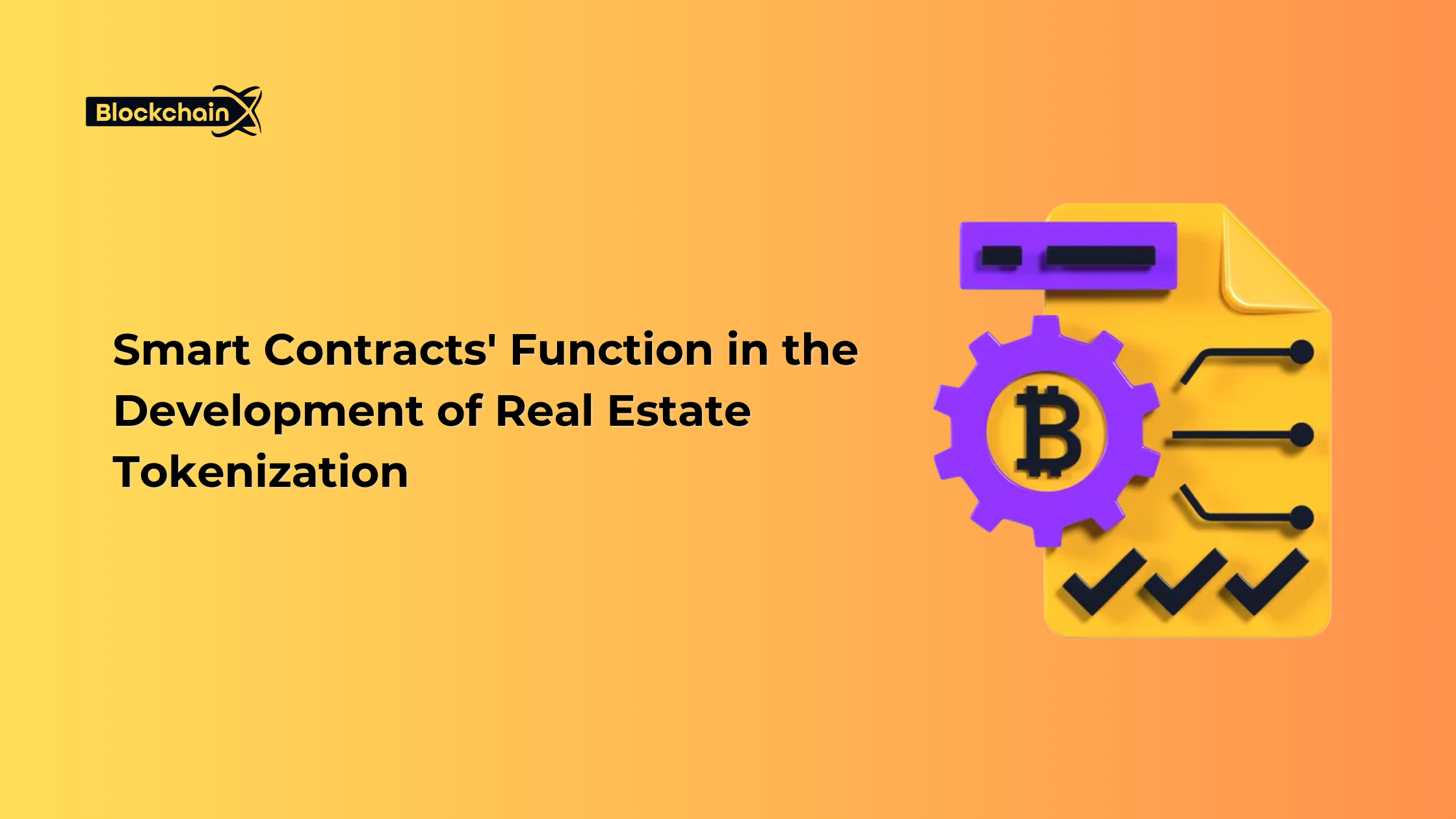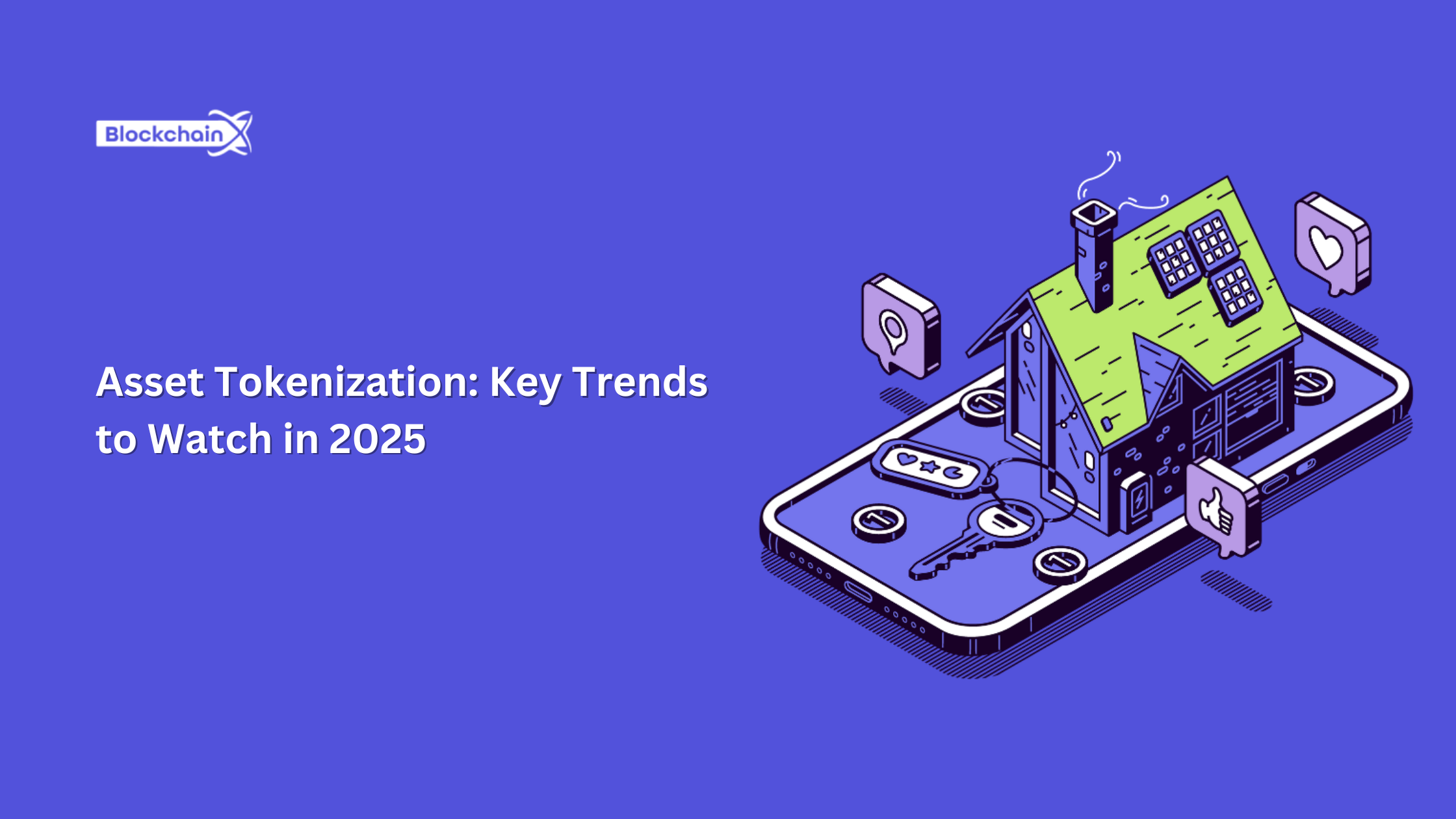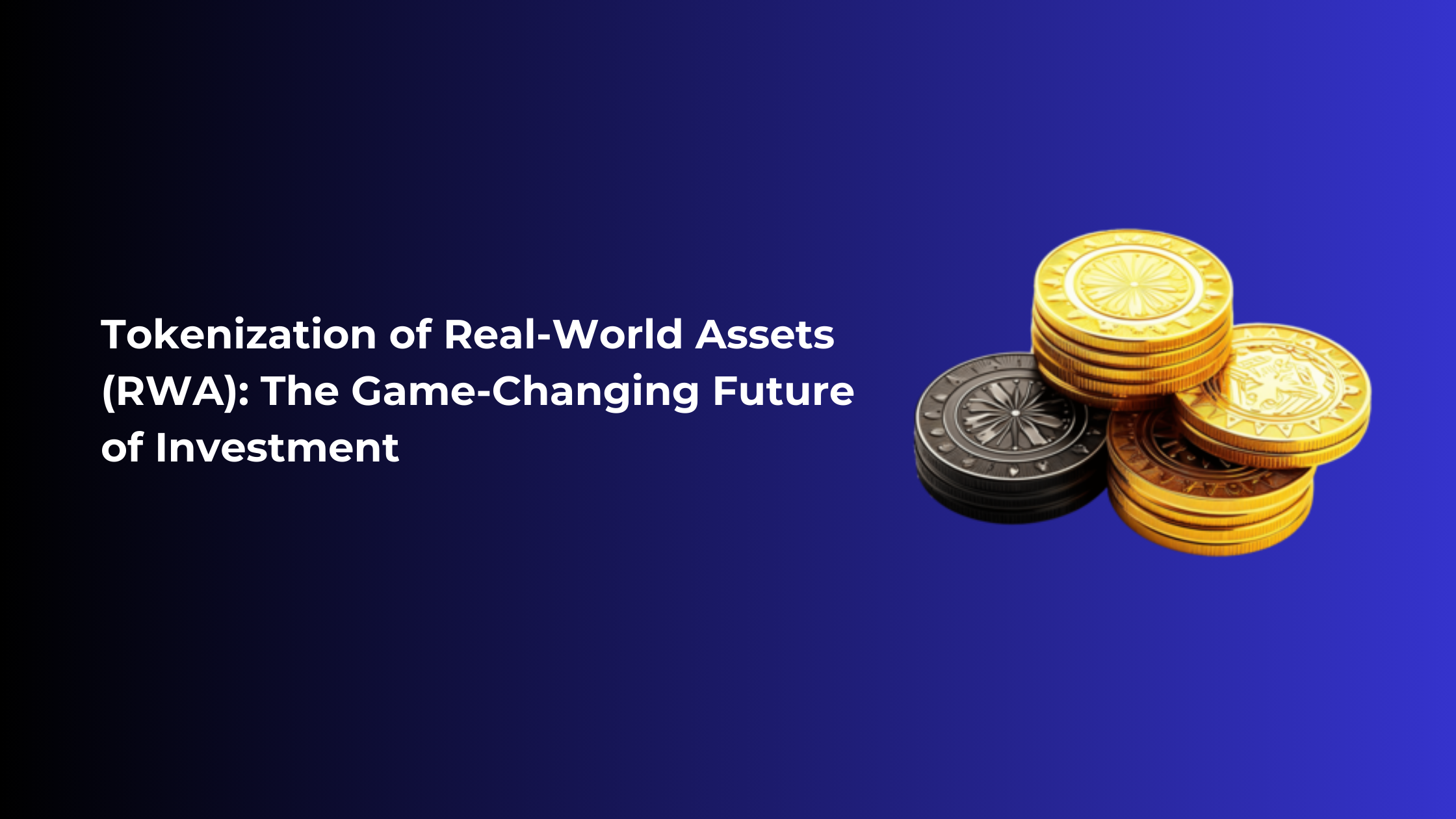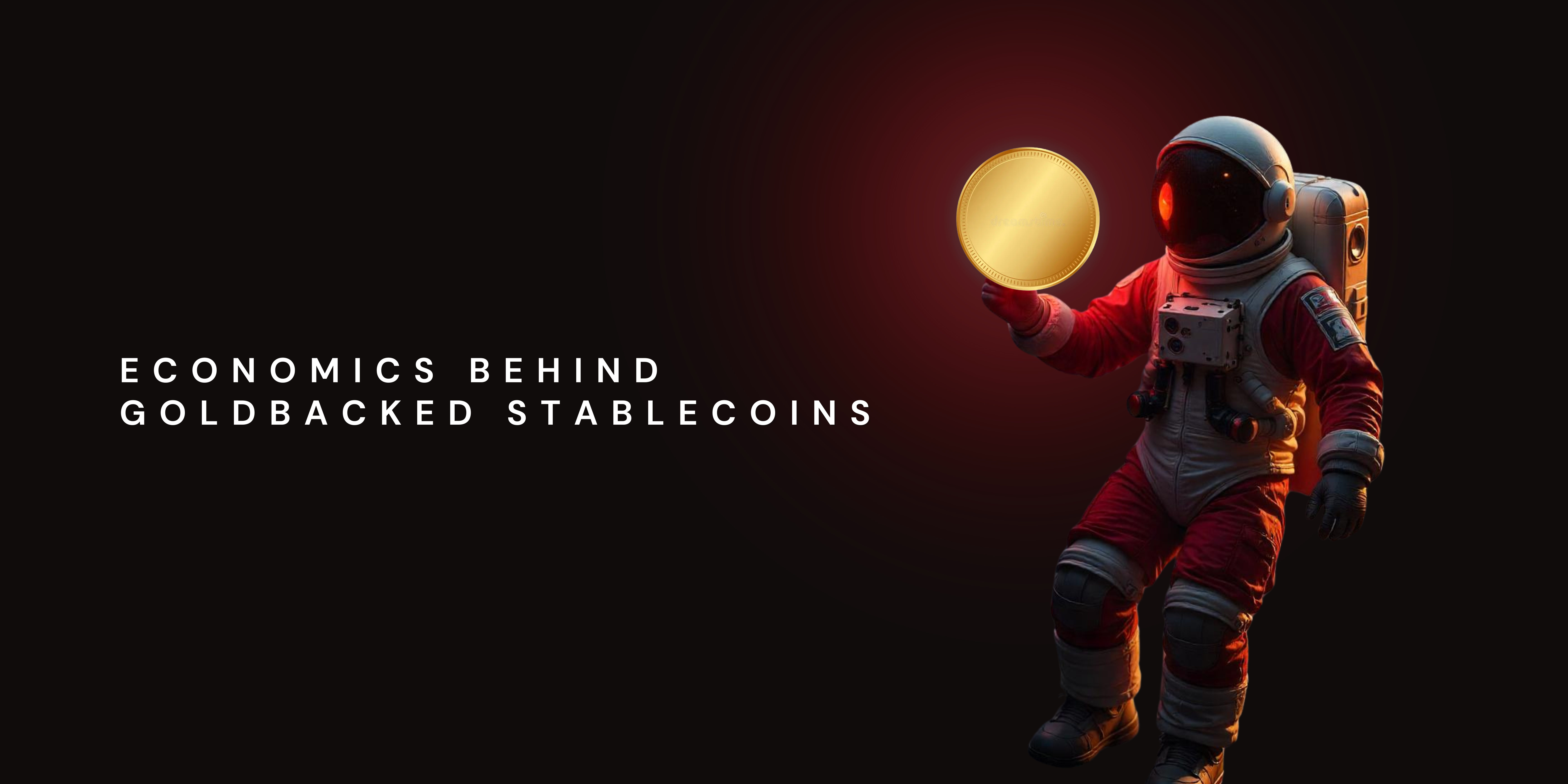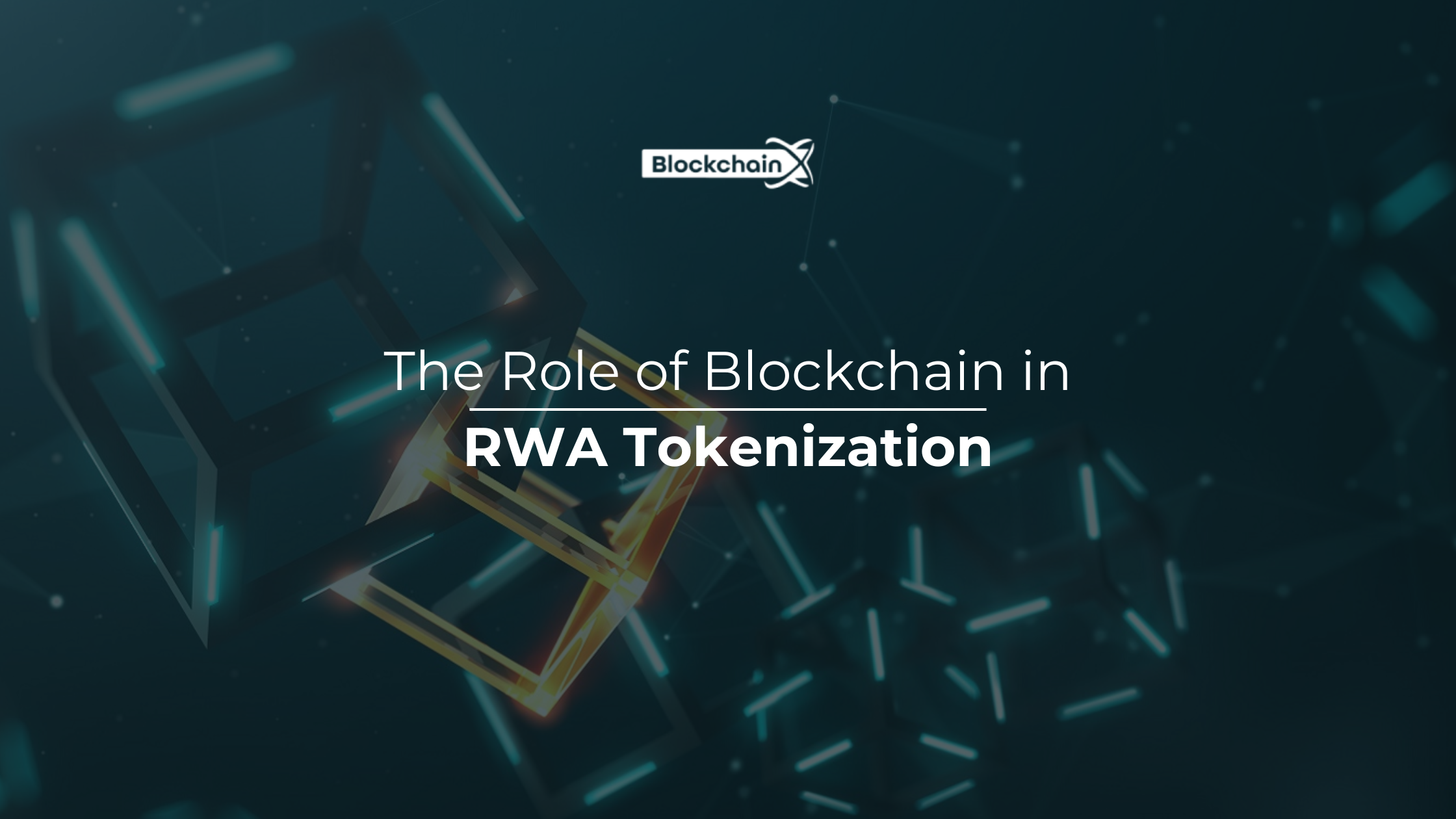How RWA Tokenization is Revolutionizing Bond Markets in 2025
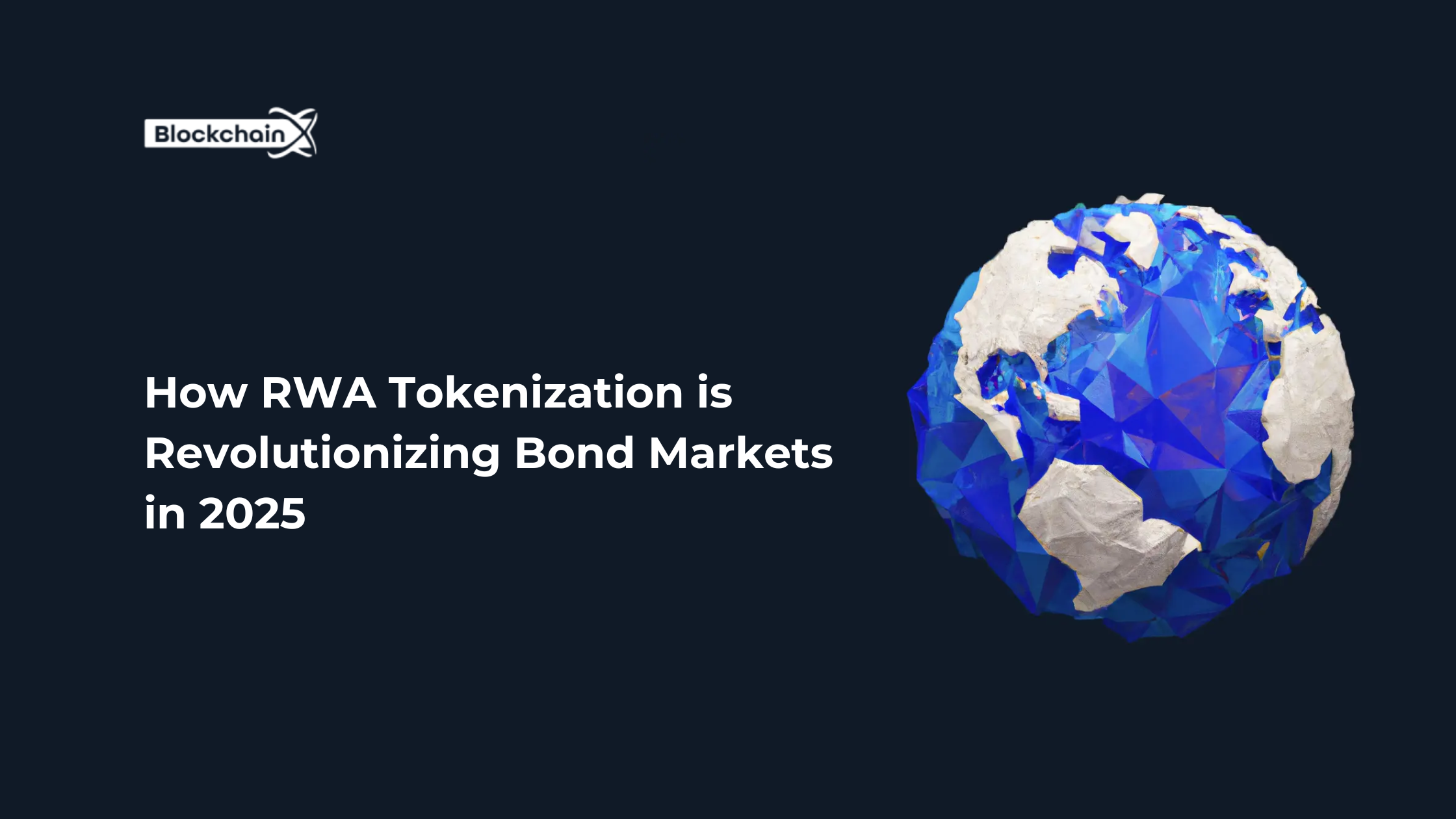
Tokenization of assets has been one of the most disruptive and productive applications of the technology recently. For example, RWAs, or "real-world asset," tokenization and bond tokenization, are preparing for an acceptance ramp-up as financial markets shift to digitization. In fact, not only do these technologies further improve accessibility and efficiency in the delivery of traditional financial instruments; they also create a more holistic and transparent financial ecosystem. The merging of RWA tokenization development and bond tokenization is transforming the bond markets into something quite different as we surge into 2025.
Understanding RWA Tokenization
The process of converting real-world assets (RWAs) into tokens involves creating digital tokens from tangible assets like land, crops, and commodities intellectual property. Such tokens can be tracked on the blockchain and traded. Tokenization represents ownership, rights or shares of the underlying asset and enables efficient transferability along with fractional ownership.
Characteristics of RWA Tokenization:
Fractional Ownership: The investor is now able to invest in smaller portions of otherwise very expensive assets.
Increased Liquidity: Unlike in a conventionally illiquid asset or in the personal capital markets, tokenized assets will be traded on secondary markets to enhance their liquidity.
Transparency and Security: Such transactions are recorded immutably and completely transparently on the basis of blockchains.
The Concept of Bond Tokenization
Tokenization of bonds pertains to applying the principles underlying blockchain to traditional bond instruments. Basically, such bonds are debt securities issued by various entities like governments or corporations, which may be tokenized into digital assets that represent ownership of the said debt and its respective payments. Thus, tokenized bonds facilitate cost-effective mechanisms for their issuance, trading, and settlement directly on a distributed network.
Some of the important benefits of bond tokenization include:
Automated Processes: Automated coupon payments and settlements result in the operational overhead becoming lower on account of smart contracts.
Access to Global Markets: The holders of tokenized bonds can trade in these bonds all over the globe without intermediation, hence broadening the base of the investors.
Cost Efficiency: Transaction costs are drastically cut down with the use of technological intervention through the absence of intermediaries.
The Convergence of RWA and Bond Tokenization
In 2025, the joint vision of RWA tokenization and bond tokenization is opening never-before-seen avenues in the financial markets. Any RWA, such as a real estate or infrastructure project, is being pledged increasingly as collateral against tokenized bonds, thus developing a hybrid financial instrument, which stabilizes the RWAs with the flexibility that blockchain-based bonds offer.
Convergence Benefits:
Innovative Financial Products: Hybrid instruments such as tokenized asset-backed bonds have diversified scope for investments.
Reduced Risk: RWAs augur real backing for bonds and make the investors feel confident.
Increased efficiency: Wrangling of such RWAs into bond issuing and trading using blockchain technology would mean streamlined processing.
Real-World Applications in 2025
Secured Bonds with Real Estate
Bond tokenization is all about real estate assets tokenized to secure issuance of bonds or the buy of bonds. Typically, the example is the commercial property worth $10 million tokenized and used as collateral to issue bonds with fractional ownership, enabling smaller investments for smaller investors.
Green Bonds And RWAs
These green bonds are absolutely meant for projects that are environmentally sustainable. Such green bonds have also been initiated in the tokenization space and tied to RWAs, mostly renewable energy assets. They are even more attractive to such ESG investors, and with blockchain technology, the chances of eluding the fund allocation become impossible.
Technological Enablers for RWA and Bond Tokenization
Smart Contracts: Automate processes related to coupon payments, bond redemption, and ownership transfer.
Decentralized Platforms: Facilitate the trading of tokenized bonds and RWAs by eliminating reliance on third-party intermediaries.
Interoperability Protocols: Allow seamless integration of tokenized assets across different blockchain ecosystems.
And Their Solutions' Challenges
Challenges:
Regulatory Uncertainty: The diverse global regulatory frameworks serve as barriers to the mass adoption of tokenization.
Market Fragmentation: Lack of standards on tokenization may inhibit the achievement of interoperability.
Adoption of Technology: Traditional institutions might be faced with some constraints trying to adopt blockchain technology.
Solutions:
Harmonized Regulations: Countries and other industry stakeholders ought to come together to develop clear guidelines on tokenization.
Contest in the Industry: By using standardized protocols, it is possible to enhance interoperability and efficiency within the market.
Education and Awareness: Increased awareness among traditional financial players may accelerate adoption.
To Future of Bonds with Tokenization
The eventual effect of RWA and bond tokenization on the bond market is shocking than anything imagined. In 2025, it's going to be expected to have a fully digitized bond ecosystem with most of the barriers, if not all - geographical, high entry costs, and inefficiencies, completely erased. Tokenized bonds that are underwritten by RWAs will attract even a broader spectrum of investors which will grant a more stable and inclusive financial instrument.
Conclusion
Thus, it is through this API that the innovation of bond tokenization services, and therefore, with RWA tokenization, adds new dimensions regarding efficiency, inclusivity, and innovation within the bond markets. It is believed that these innovations will ensure the utilization of blockchain technologies over the traditional mechanisms and transcend their restrictions within the boundaries of fairness. Indeed, this will probably revolutionize the financial world as the current systems border the threshold of an entirely new era-the digitization of real-world assets and bonds that will very soon alter the definition of investment and trade.
Note: IndiBlogHub features both user-submitted and editorial content. We do not verify third-party contributions. Read our Disclaimer and Privacy Policyfor details.



